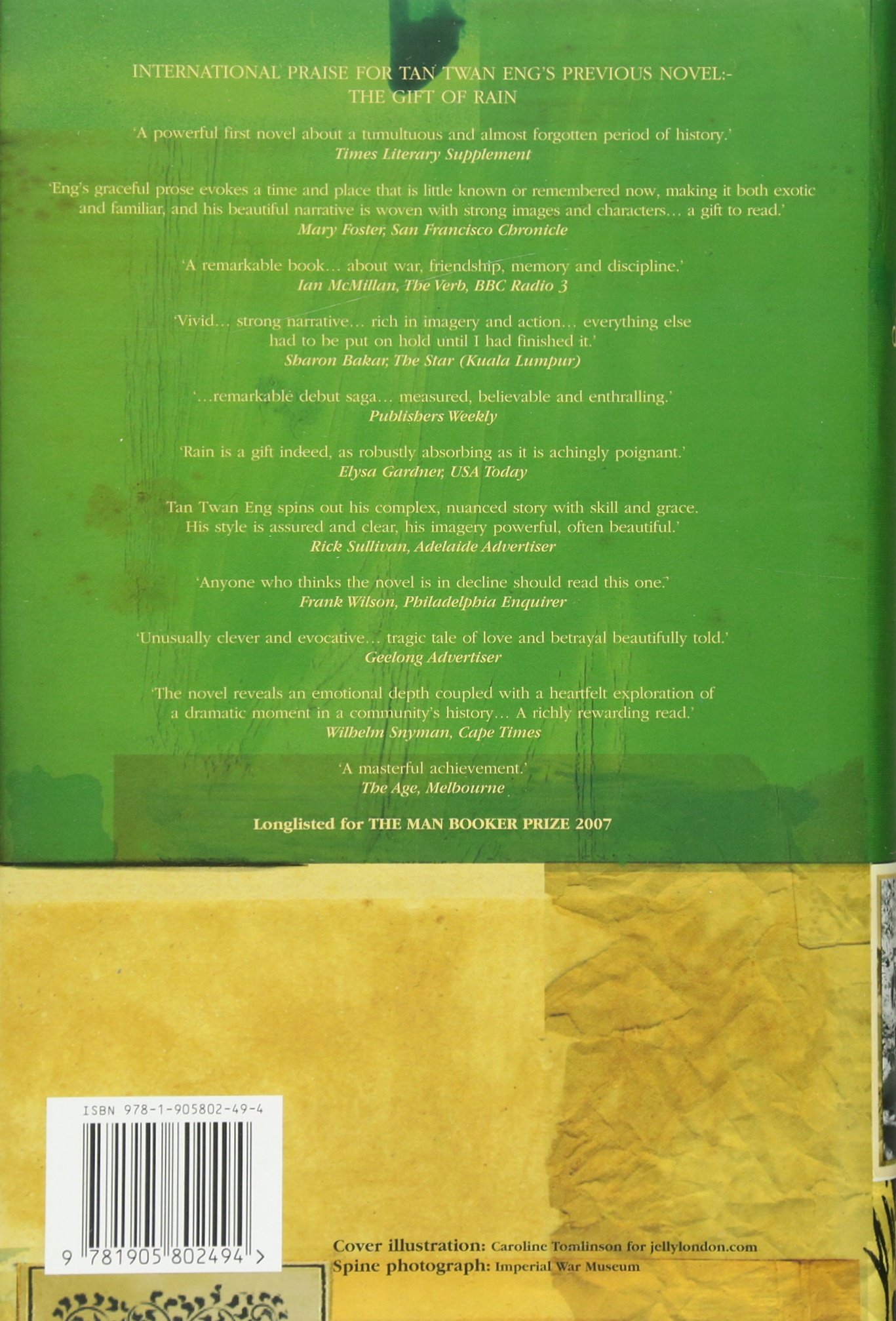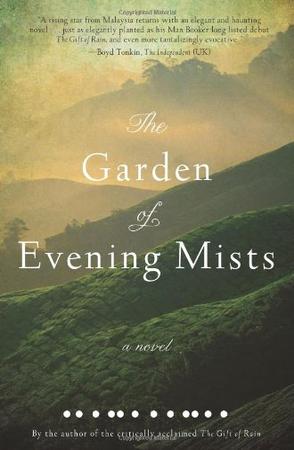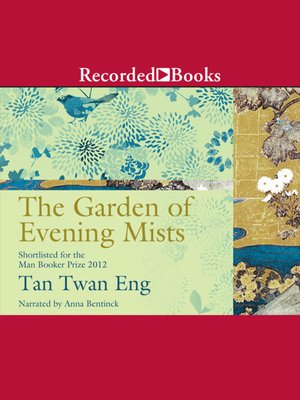
Though at times Smith’s script is overly expositional, it finds a way to tackle (however lightly) some thorny issues, maintaining a leisurely pace without ever becoming turgid. That’s the skeleton of what is essentially a historical romance that also weaves classical horimono tattooing and Yamashita’s gold into its plot.

As the older Yun Ling sifts through the remnants of Aritomo’s cottage, she reflects on the horrors she suffered during and after the war, and the film reflects on the nature of remembrance and who has dominion over it.

He refuses, but invites her to work on the garden he’s completing to learn how to build one herself. She meets up with old friend Frederick (Julian Sands), whose father Magnus (John Hannah) ran a tea plantation in 1950 and introduced Yun Ling (played as a young woman by Lee in her first film in four years) to his tenant, self-exiled Japanese Imperial gardener Aritomo Nakamura (Abe Hiroshi).ĭespite her hatred of the Japanese, Yun Ling wants Aritomo to build the garden she promised her younger sister Yun Hong (relative newcomer Serene Lim) before she died Yun Hong was also forced into a comfort station.

Her past relationship with a suspected Japanese spy, however, puts her appointment in jeopardy. It starts in 1980, with internment camp survivor, War Crimes Tribunal researcher and judge Teoh Yun Ling (Sylvia Chang) in line for a seat on the federal bench. The story toggles among Japanese-occupied Malaya during WWII, the post-war Communist insurgency years and independent Malaysia in 1980.

Polished production and accessible storytelling will attract attention from niche markets worldwide. Co-produced by HBO Asia, Garden of Evening Mists has already picked up nine Golden Horse nominations (including for best film, director, screenplay and actress for Lee Sinje), and after its bow at Busan is likely to find a robust audience in Asia-Pacific, given the pan-regional all-star cast and recognizable World War II legacies.


 0 kommentar(er)
0 kommentar(er)
